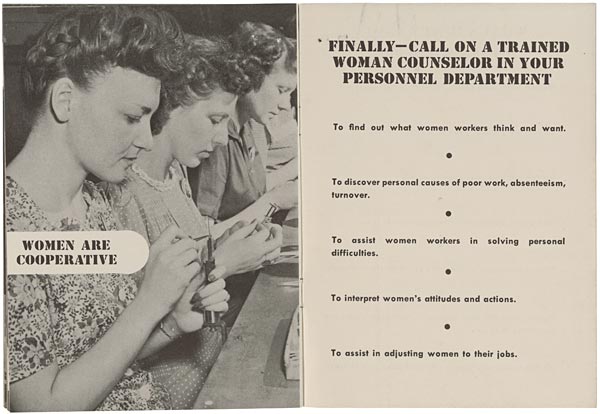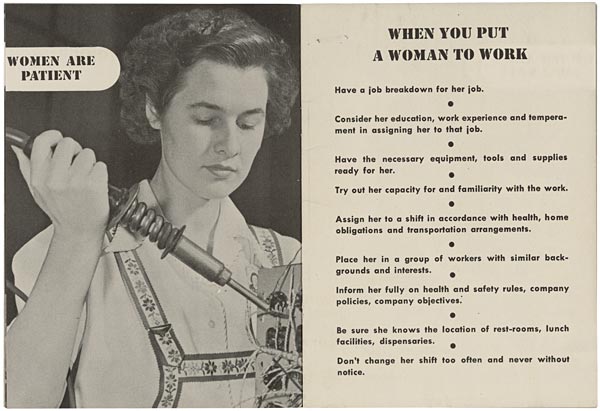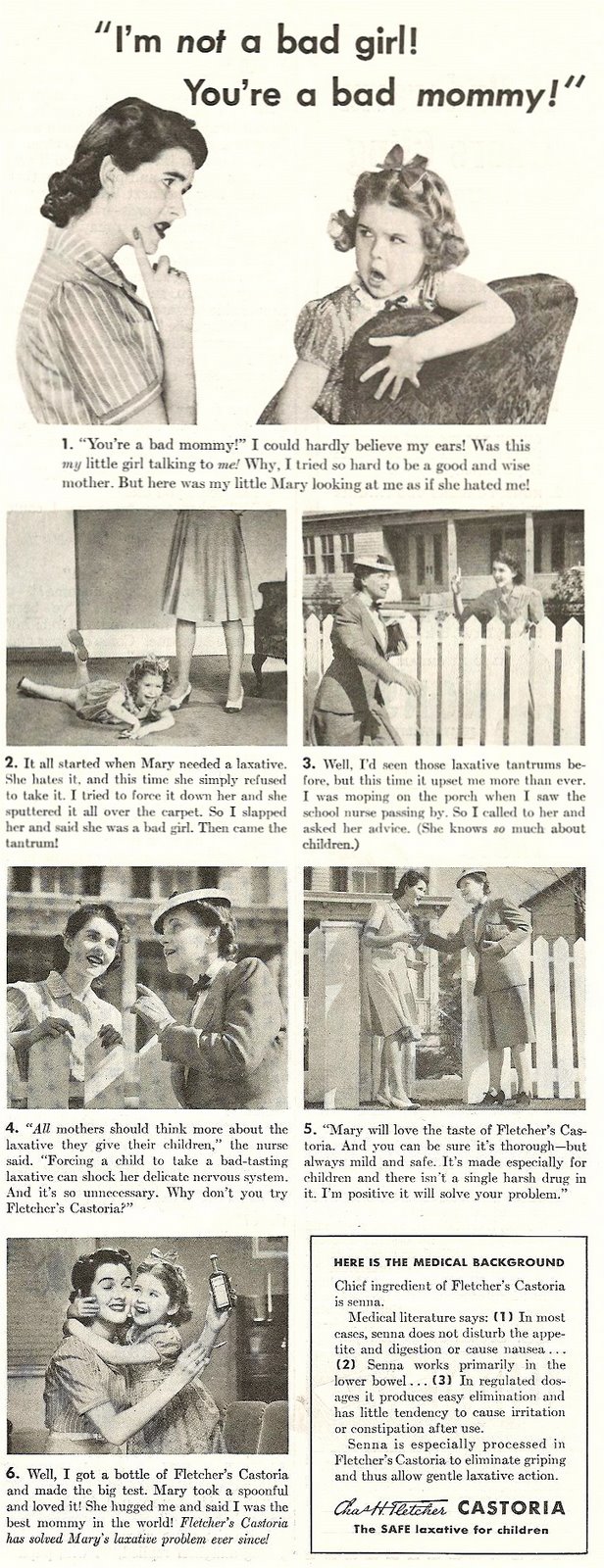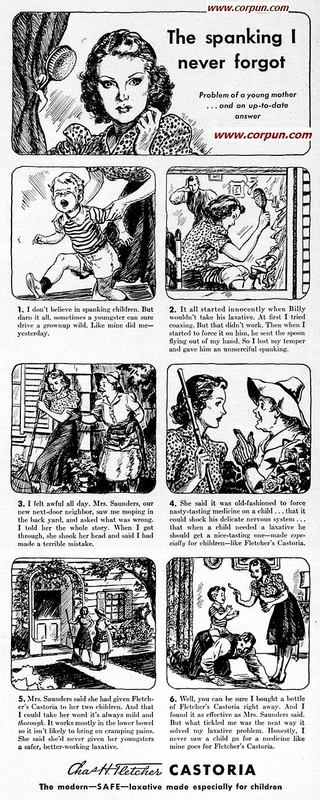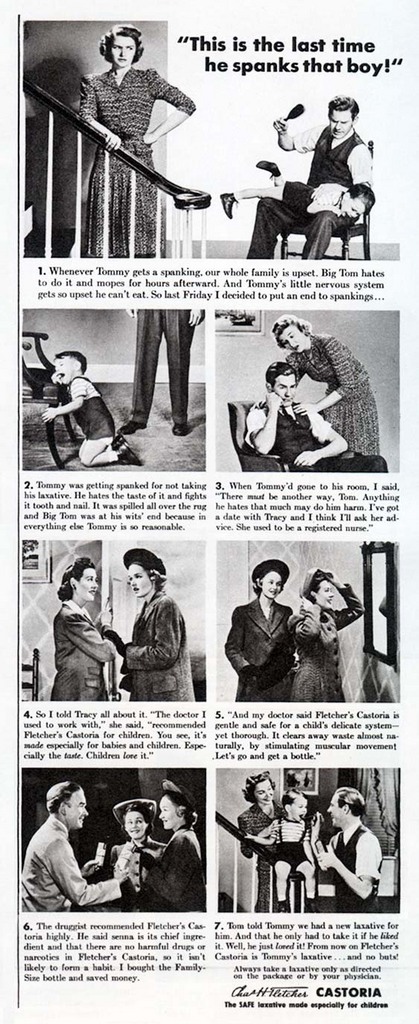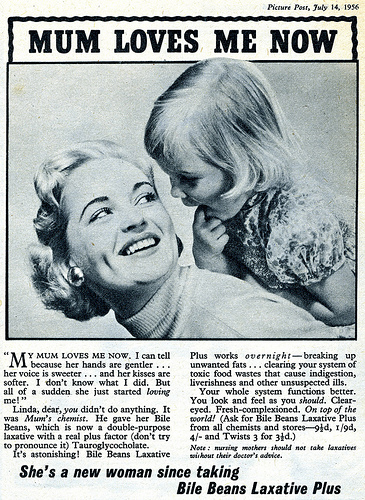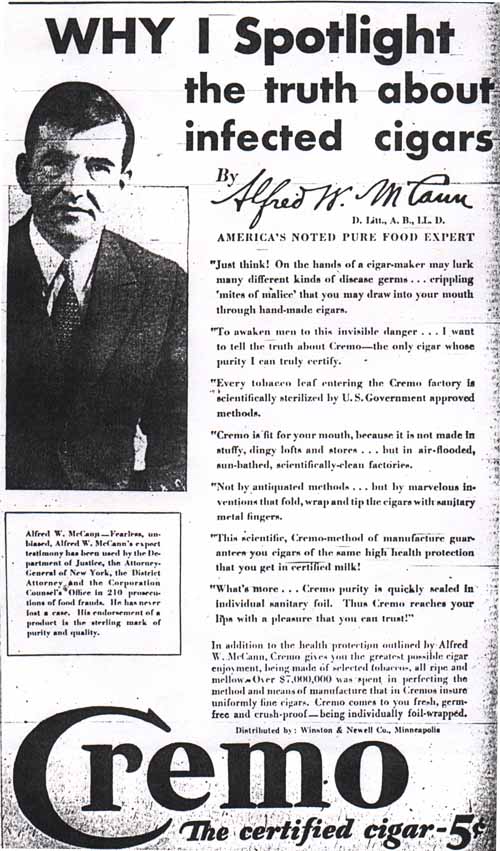Velanie W. sent me this video (found at here), in which the parents clearly think it’s funny that when their toddler daughter says “sparkling wiggles,” it sounds like she’s saying something very different:
(after the jump b/c it automatically plays and that gets annoying)…
Now, if it was just a video of a little girl mispronouncing some words, this video wouldn’t be sociologically interesting–kids have trouble enunciating, and they can’t help it if the way they say things sounds like something else, perhaps something offensive, to adults sometimes.
What struck me, though, is the parents egging her on to repeat it, and to say things like “Get a job, sparkling wiggles!” To them, the fact that when she says “sparkling wiggles” it comes out sounding like a racial epithet is funny and endearing, enough so that it’s worth getting her to repeat sentences with the phrase in it.
This is an example of what I think of as casual racism. By casual, I don’t mean unimportant or harmless. What I mean by that is the type of prejudiced behavior and language that doesn’t necessarily reflect a deep-seated hatred or extremely bitter attitude, but rather is a taken-for-granted way of acting or speaking about non-Whites. Several of my family members do this. They don’t hate non-Whites in the way we think of prejudiced people being angry and resentful; they don’t think African Americans are taking their jobs or hurting them in any specific way. I doubt my grandma has spoken to an African American more than a few times in her life. But it is just part of their worldview that it is acceptable to use offensive racial epithets in conversation. It is a sense of entitlement to use degrading and prejudiced language to describe non-Whites, and to expect, when challenged, that saying “I’ve met some nice Black people” or “I’m nice to Black people when I meet them” should protect them from charges that they are racist.
I could be wrong, but that’s what it sounds like is coming from the parents in this video: they don’t sound hateful or bitter, they just sound like they think it’s fine to laugh at (what sounds like) racist language, and to share it with others, and that there are contexts in which even such racially-charged words are cute. It’s the sense of entitlement to use offensive language and then, if criticized, to claim it was “just a joke” and that the criticizer doesn’t have a sense of humor or is hyper-sensitive, meaning they have the problem. Of course, this helpfully deflects criticism by turning it into a debate about “political correctness” and such instead of people continuing to think racist language, imagery, etc., is funny.
Thanks, Velanie!




